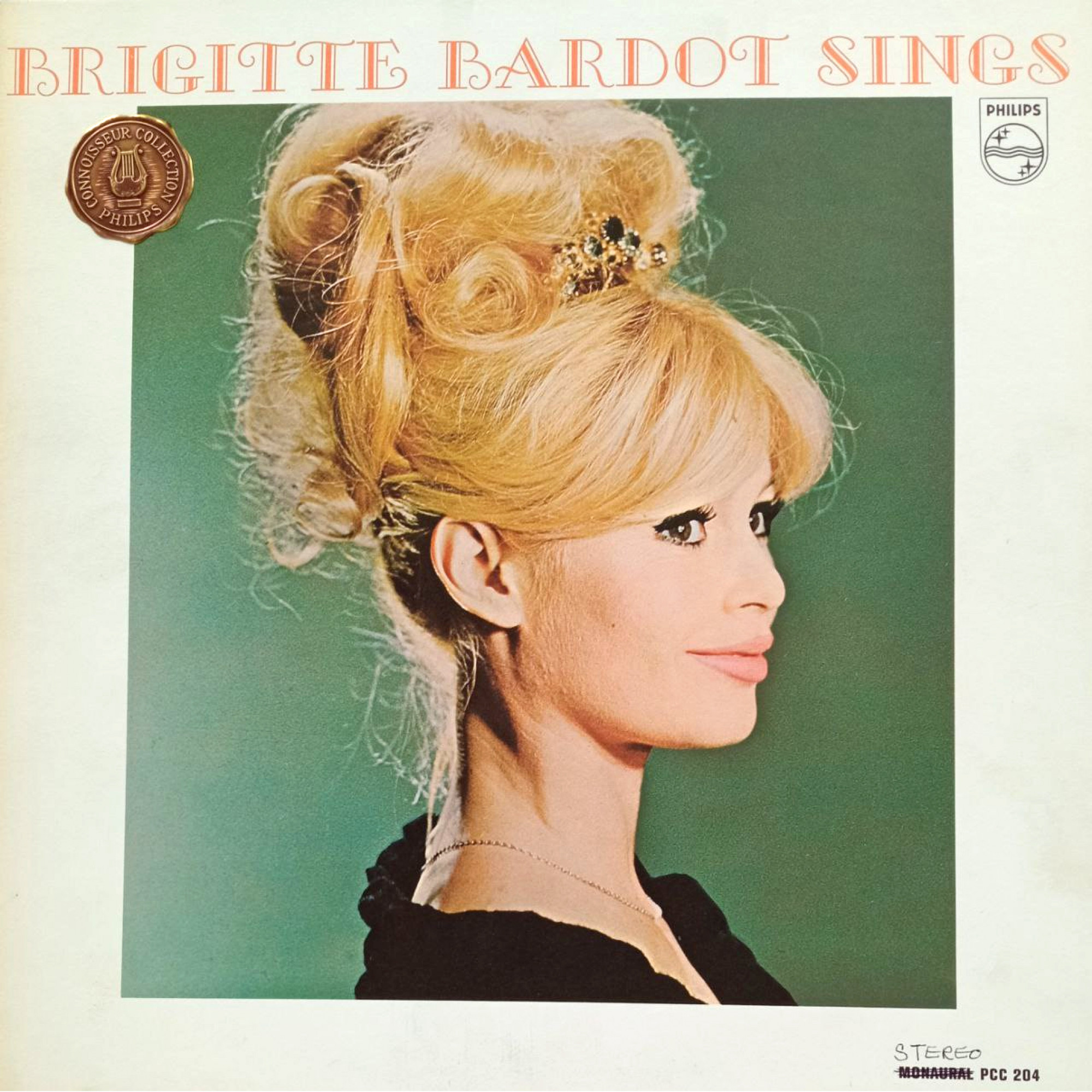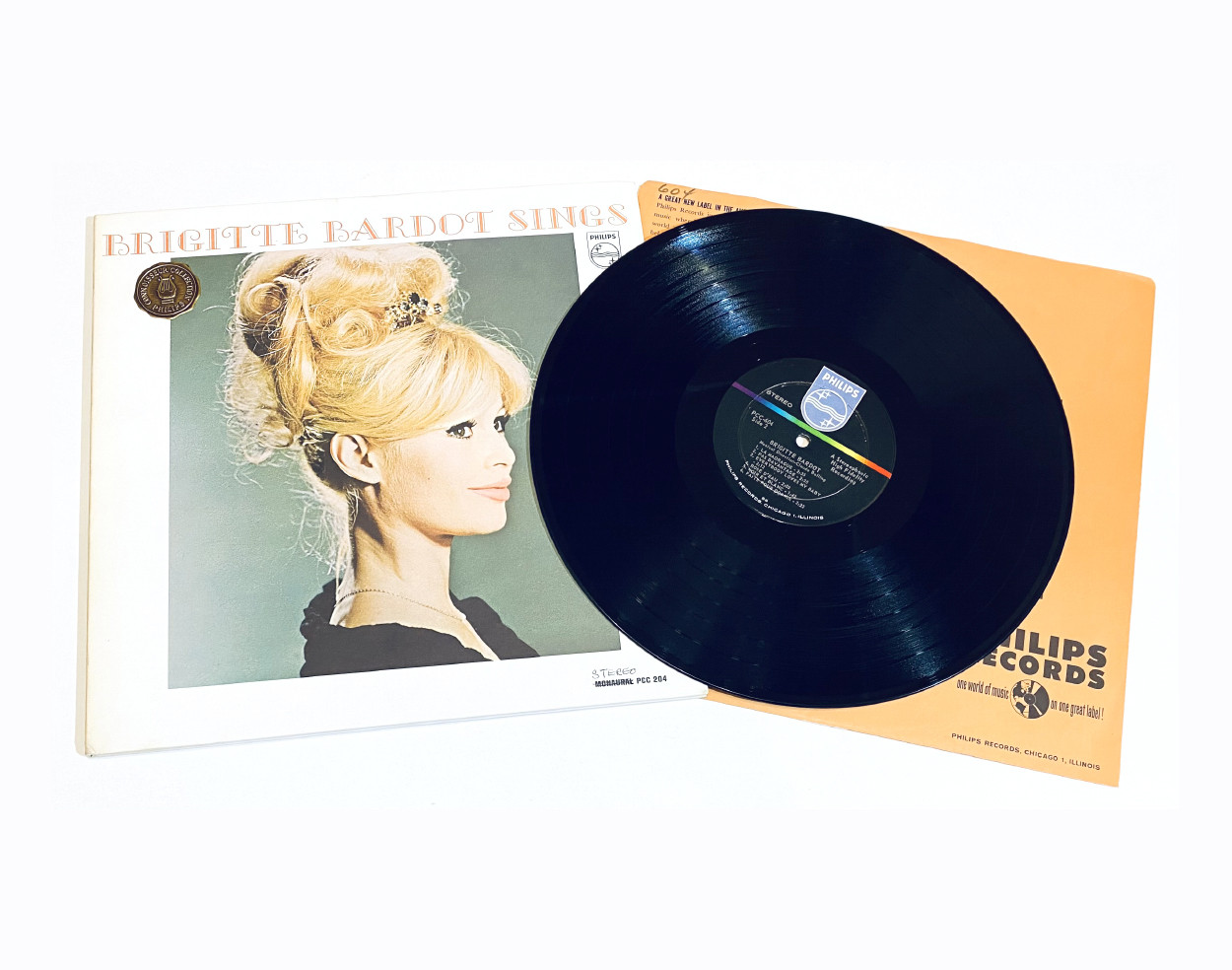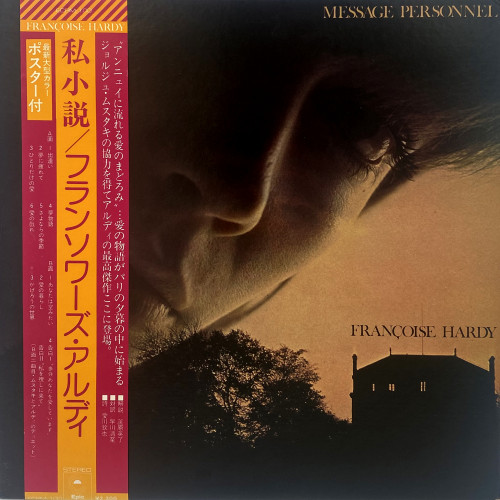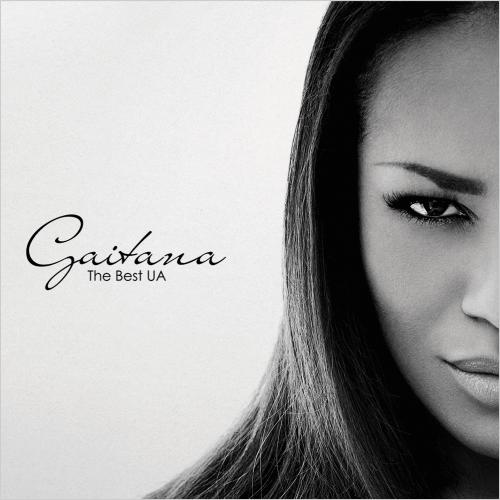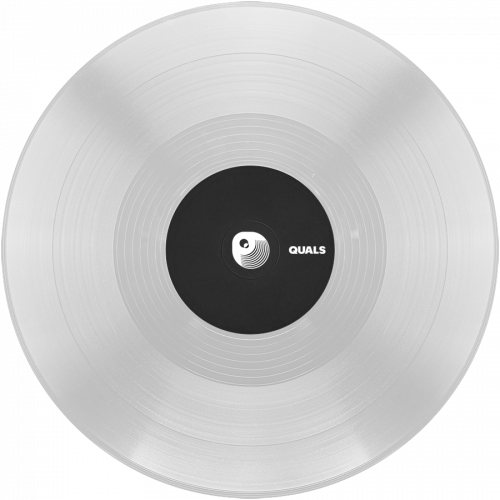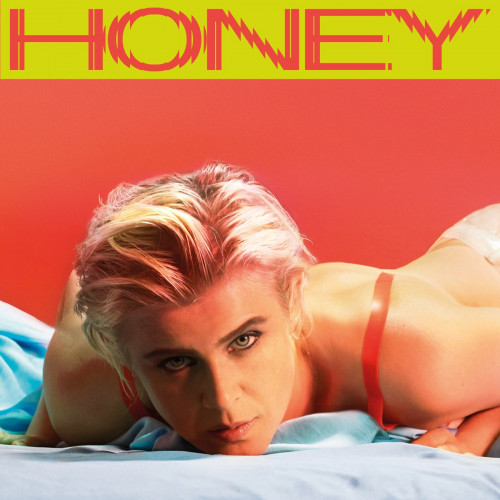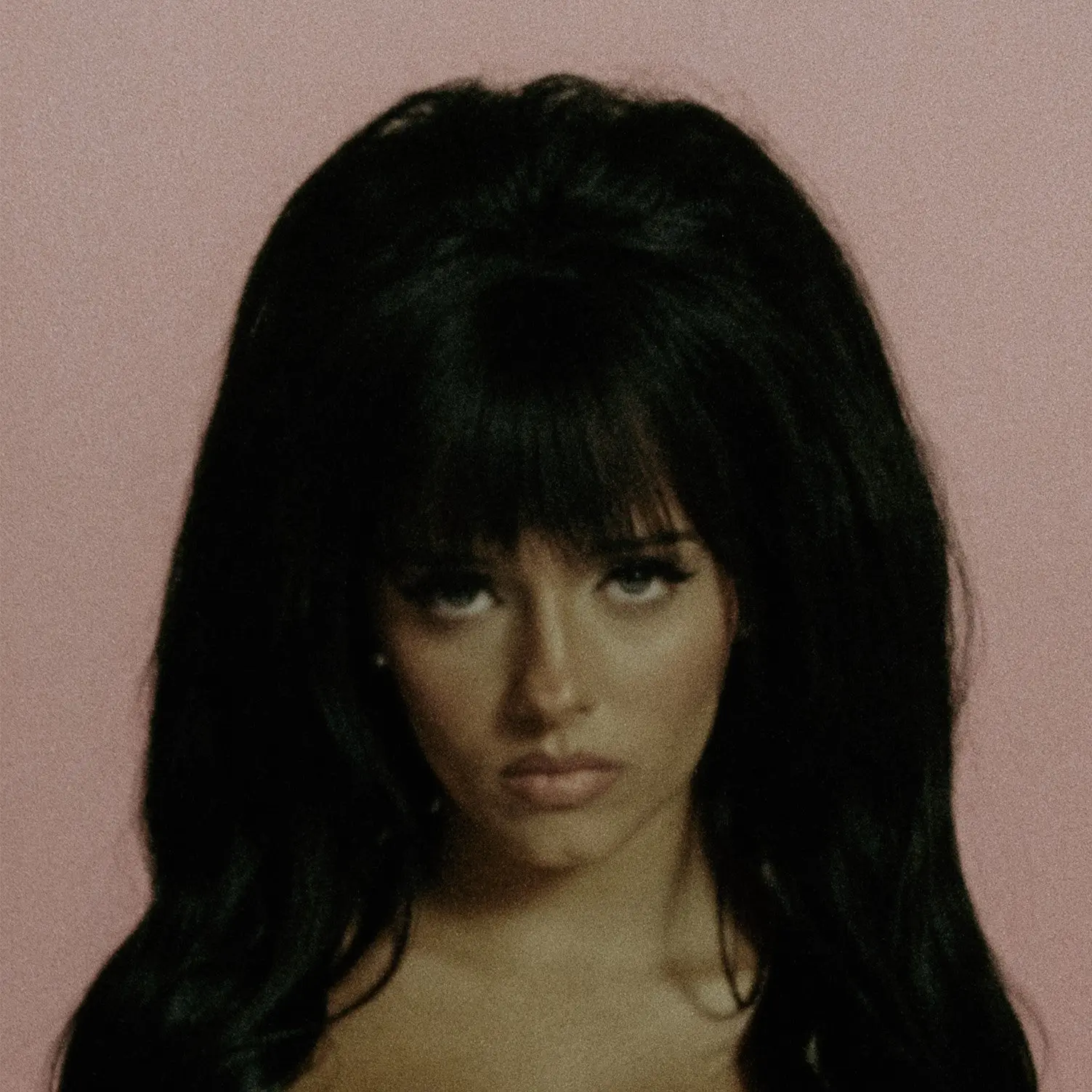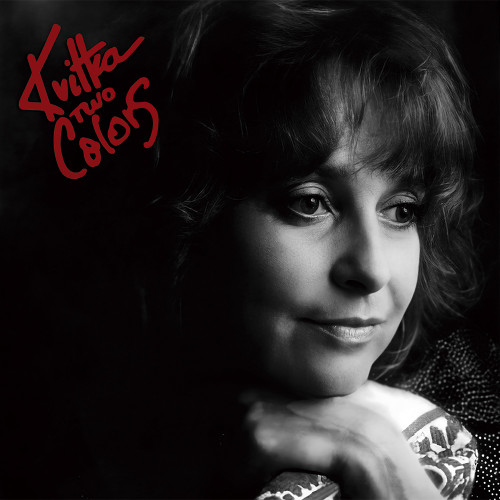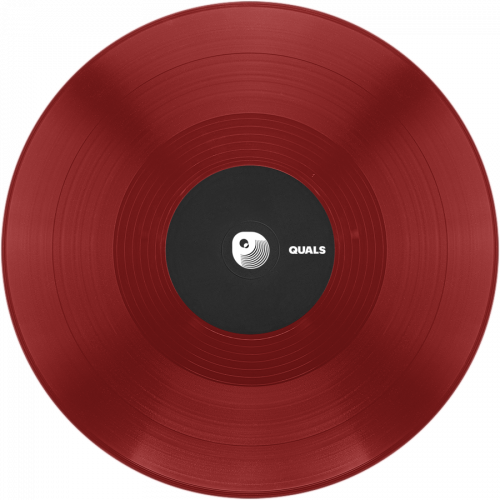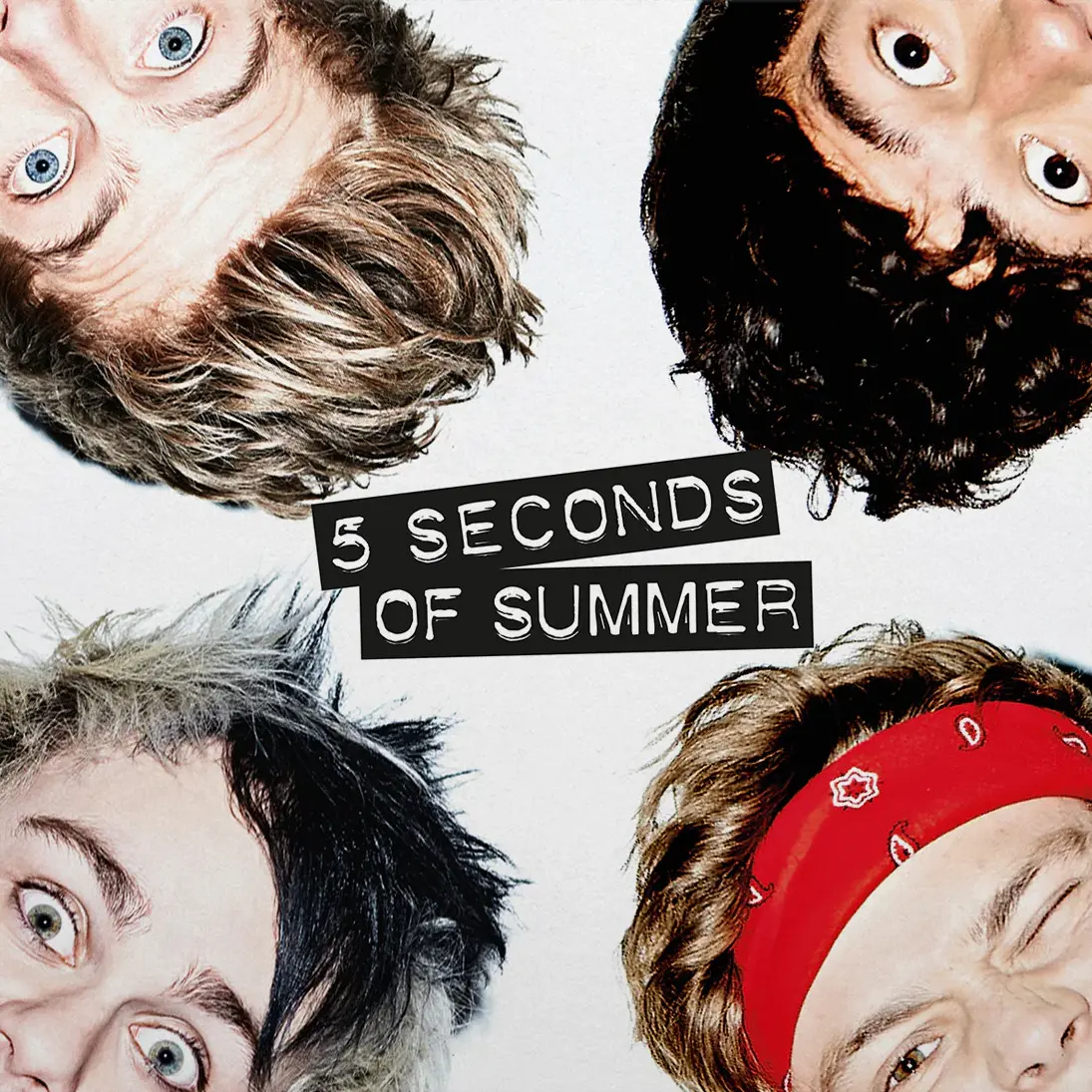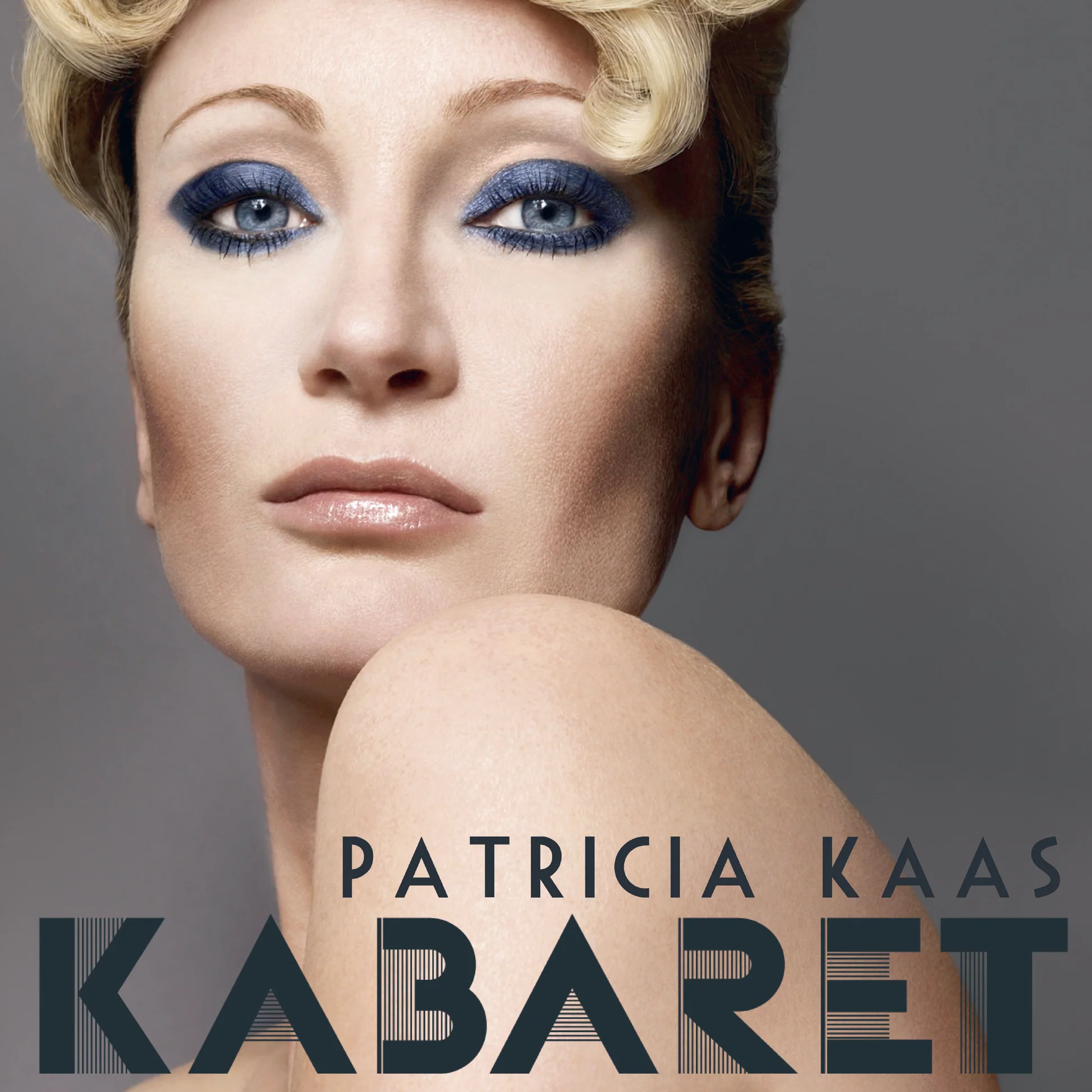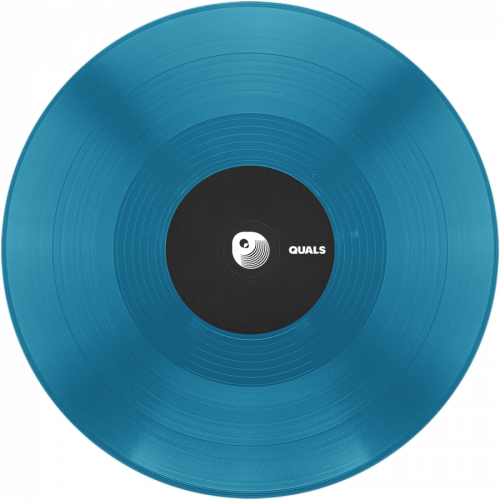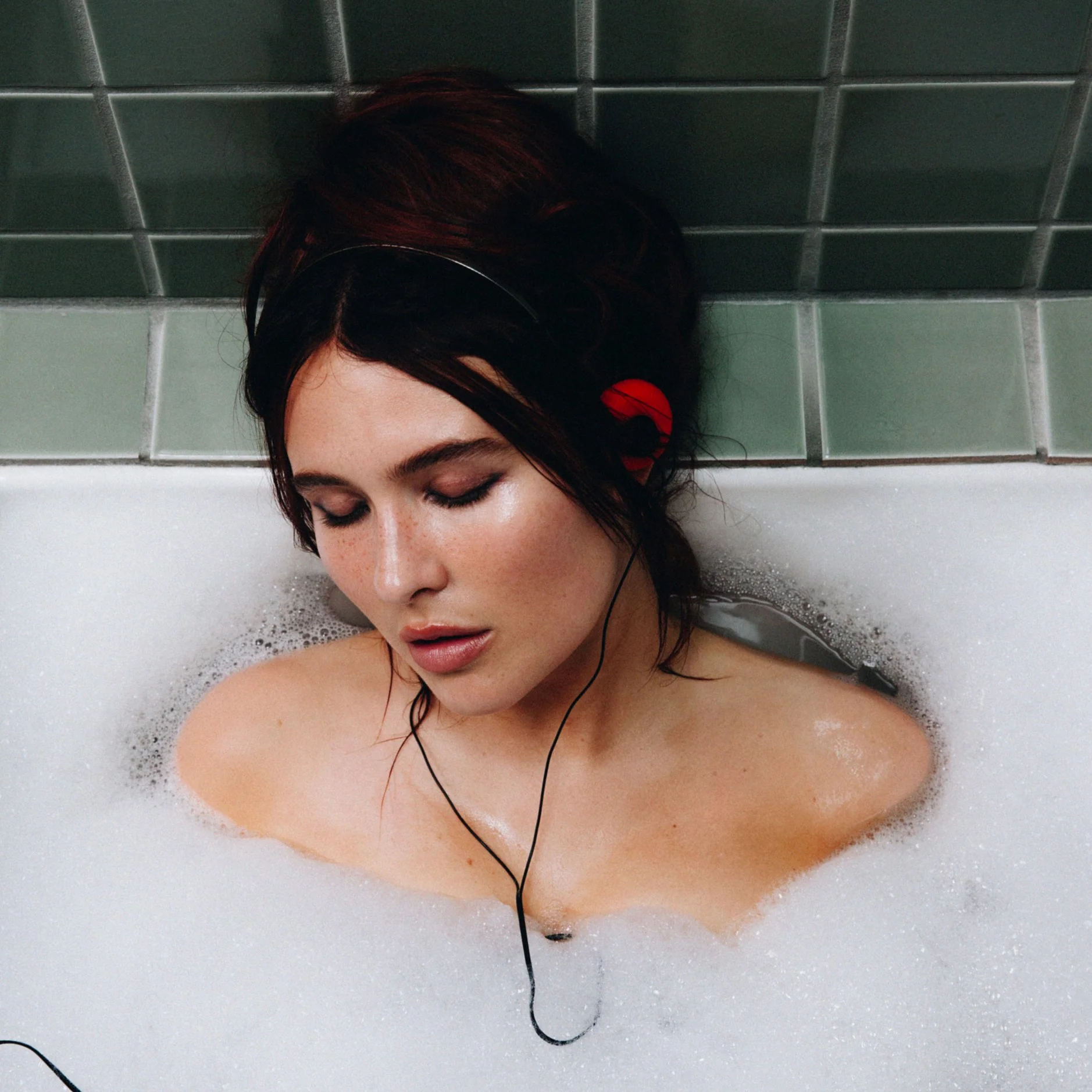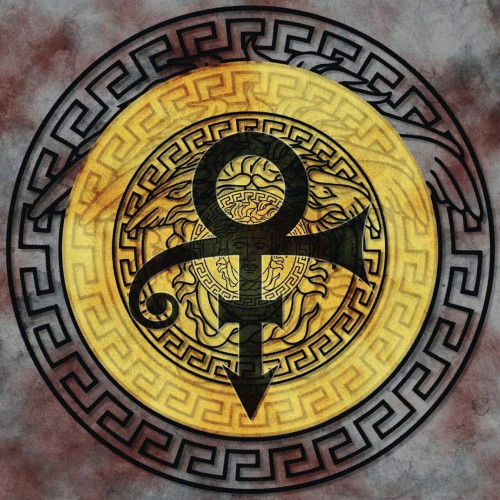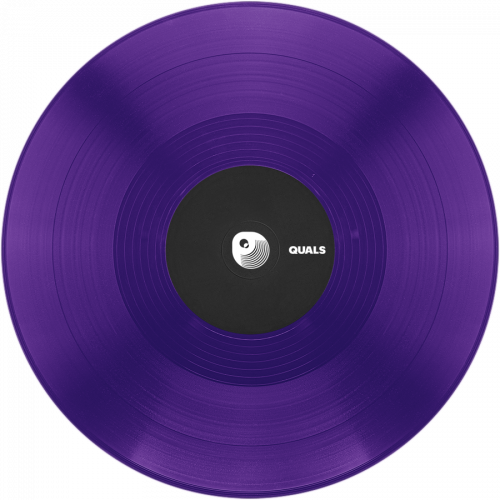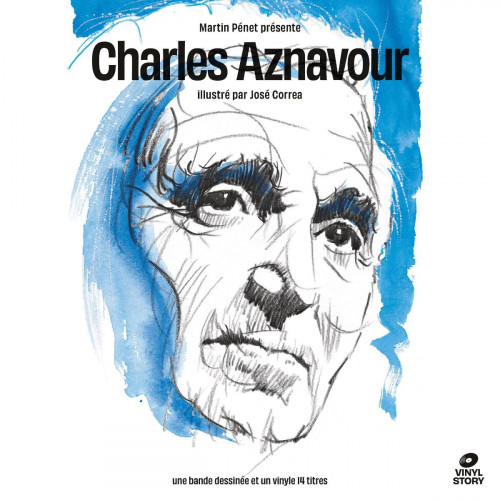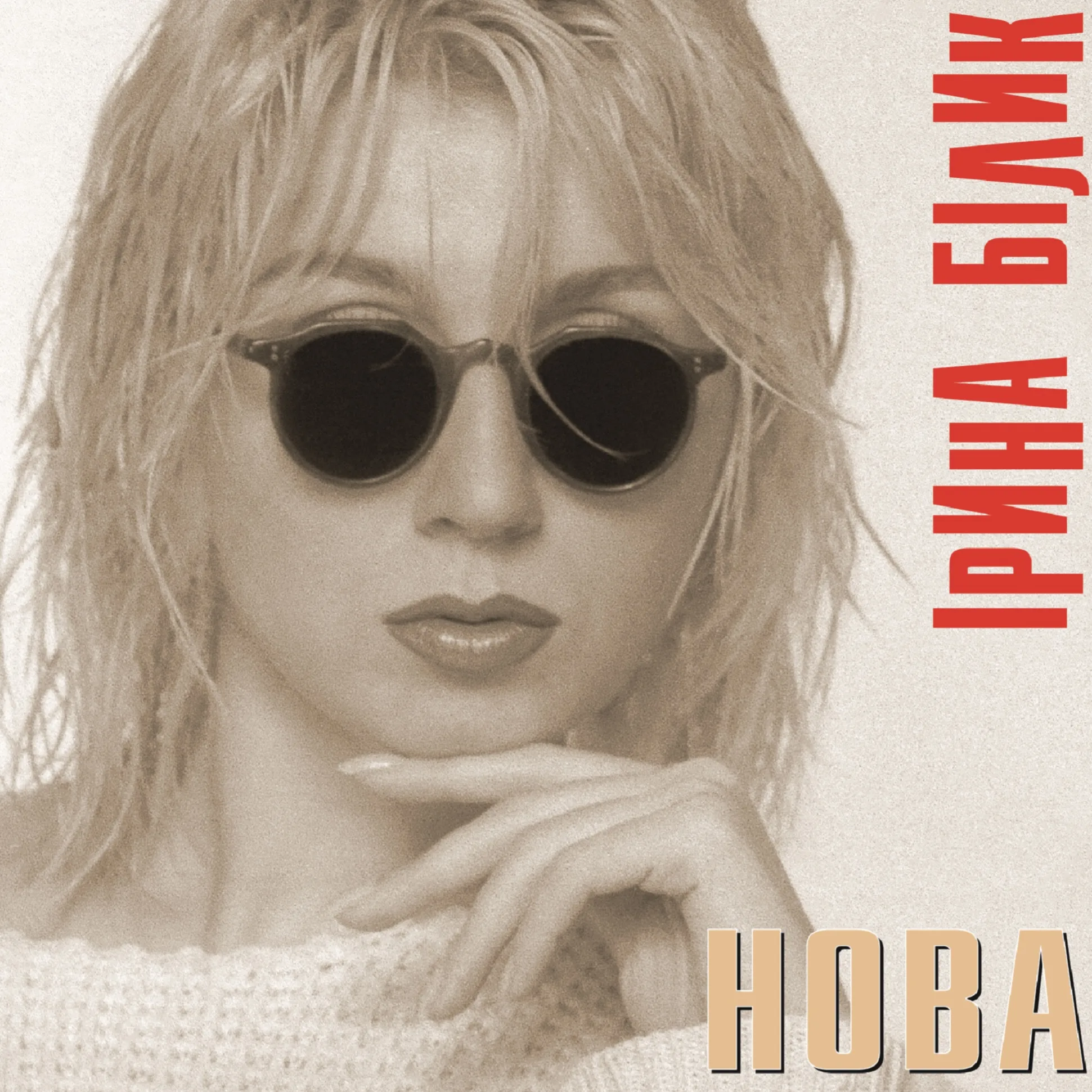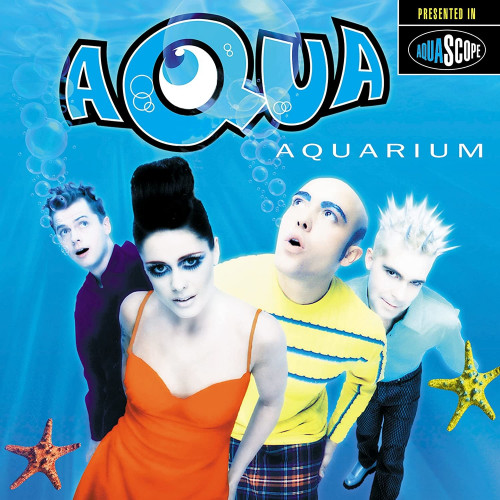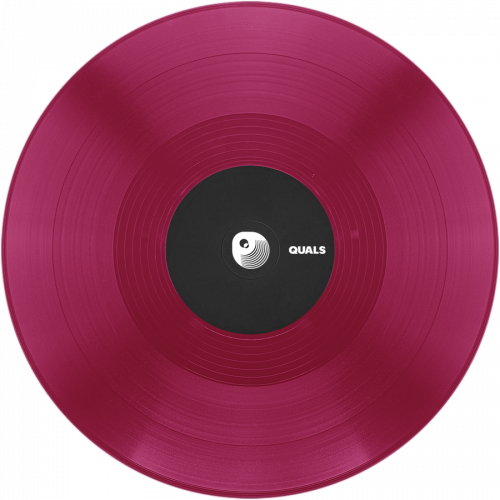Bardot
wasn't much of a singer, but even on this maiden outing, that wasn't so much a
concern because she sang as if she knew it, instead focusing on projecting her
personality and charm. In particular, she often sang as if she was on the verge
of bursting out into knowing giggles, a trait she shared with another '60s
French star (France Gall), though Bardot did so with more maturity. The tunes,
however, were often chained to a hokey vaudeville-cabaret theatricalism that
makes them seem dated, even though several of the writers (Jean-Max Riviere,
Gerard Bourgeois, and Serge Gainsbourg) would also be involved with her best
material in the mid-to late-'60s. There's also a sense of a catering to an
all-around-entertainer/variety-show approach, even taking in fairly silly stabs
at mariachi, Dixieland, tango, torch songs, and one attempt to sing in heavily
accented English ("Everybody Loves My Baby"). Yet there are some good
tracks here, like Gainsbourg's infectiously frivolous ye-ye/twist number
"L'Appareil a Sous" (about the only cut that approaches rock &
roll territory) and the lilting, sexy ballad "La Madrague," which
cuts down on the laughs to good effect.
